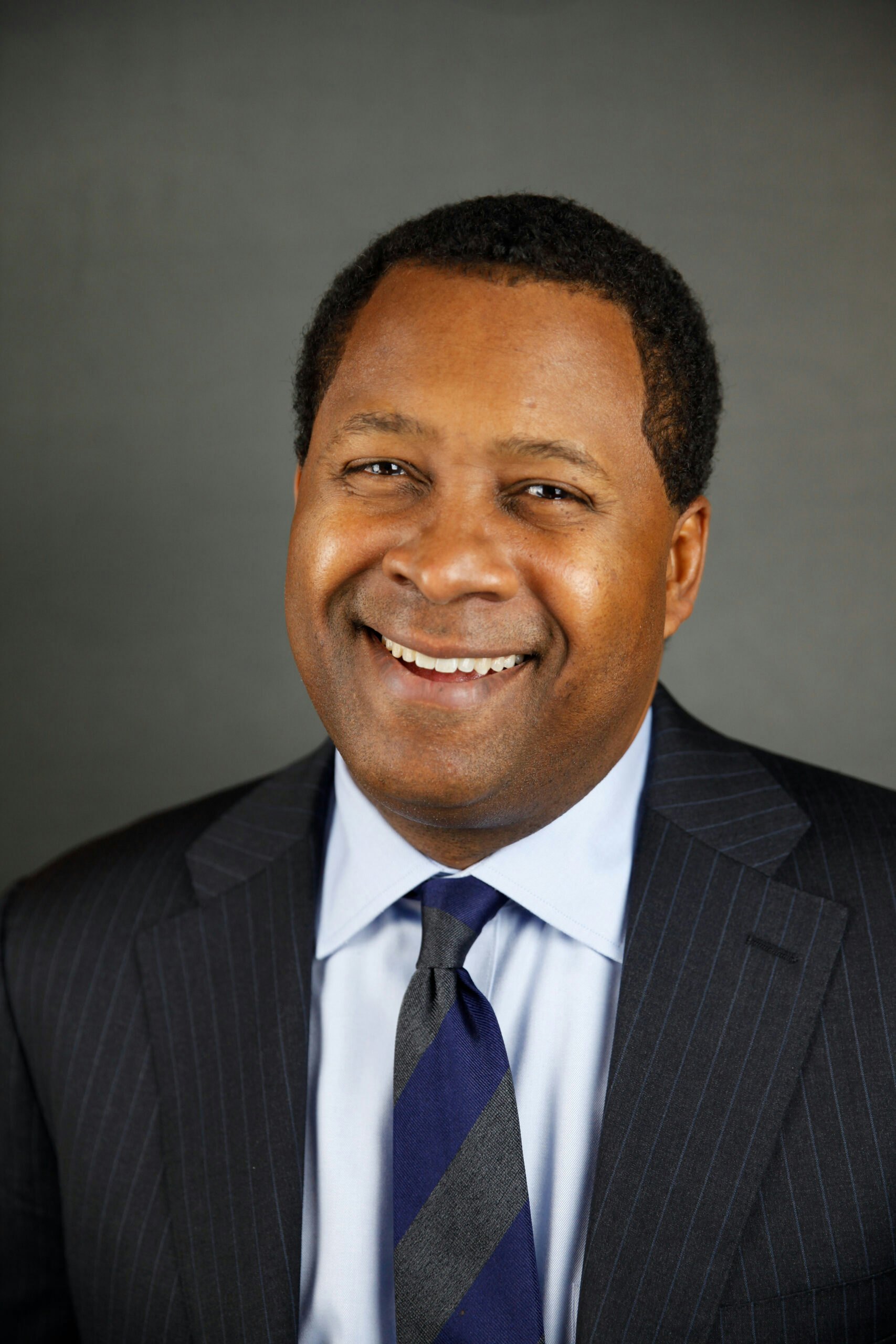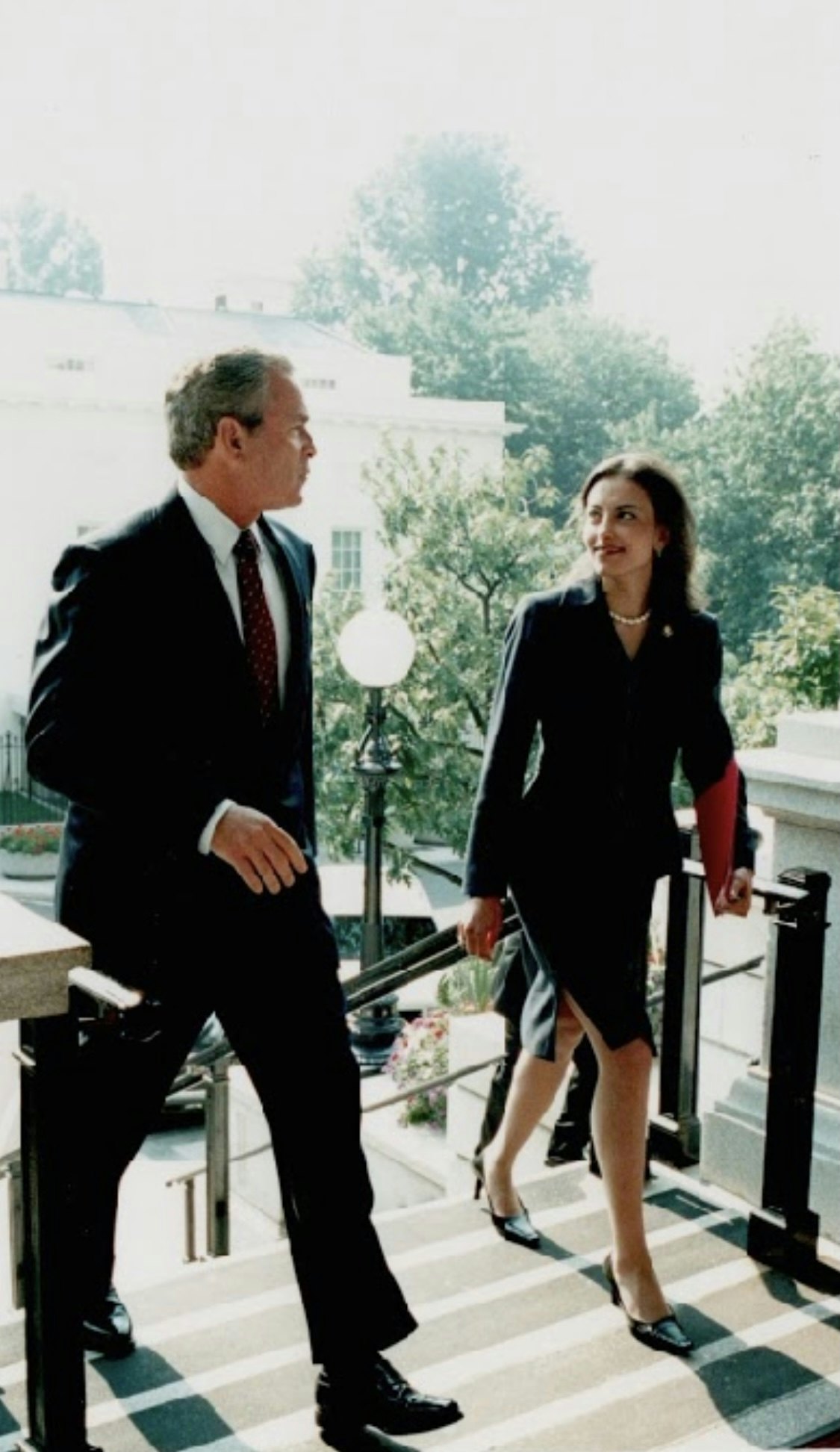Bush-Cheney alum formerly with the U.S. Department of Education (2004-06) and the White House Speechwriting Office (2006-09) releases new book, Washington’s End: The Forgotten Years and Final Struggle
Jonathan Horn joins us this month with good reason to celebrate the publication of his second book, Washington’s End: The Forgotten Years and Final Struggle (Scribner). The reviews have been terrific, with historian and bestselling author Jay Winik writing, “Vividly told and impeccably researched, Washington’s End is a movable feast of a book. Read it, savor it, learn from it.” CBS News legend Bob Schieffer may have paid the highest compliment, writing “I can’t remember a book where I paused so many times to say to myself, ‘I didn’t know that.’ This engaging book is history served up exactly the way I like it. A wonderful and insightful read.” In this month’s installment of Five Questions With…Horn describes his writing and research process, tells us what most surprised him about Washington in our nation’s first post-presidency and offers a speechwriting pro tip – on the house.
Q: Can you tell us about Washington’s End – and how you came upon this little discussed last chapter of his life as the subject for your second book?
My first book was a Robert E. Lee biography titled The Man Who Would Not Be Washington. When it came out back in 2015, people often joked that my next book should be about the man who was Washington. What drew me to Washington’s last years, in part, was having worked at the White House at the end of an administration and having witnessed the inspiring example President Bush set when he left office.
To my surprise, I learned that the full story of George Washington’s last years—America’s first post-presidency—had gone essentially untold. When Washington left the presidency in March 1797, he hoped to live out his days as a farmer. But exiting public life turned out be far more difficult than he imagined. Soon, he would find himself drawn out of retirement, back into command of the armies of the United States, and into serious feuds with his successors.
Q: What was your research and writing process for this one?
As I worked on the book, I had a realization: I couldn’t do justice to what happened during George Washington’s last years unless I told the story through the eyes of the people who lived this history. That meant poring over not only the letters and diaries that Washington himself left behind but also papers belonging to his family members, friends, and rivals.
Q: What did you learn about Washington that most surprised you?
There was no clear precedent for Washington to follow when he left office. As a result, in so many ways, the story of Washington’s post-presidency diverges from our expectations for post-presidencies today. For example, we expect former presidents to largely avoid meddling in the affairs of their successors, but John Adams believed that Washington meddled extensively, never mind, of course, that it was Adams who called Washington out of retirement and back into command of the armies of the United States amid a war scare with France.
We also believe that leaving office often helps lift presidents above partisan politics, but again the opposite happened with Washington. He became far more partisan during his last years. By the time he died, he was basically no longer on speaking terms with three of the most influential members of the opposition party: the future third (Thomas Jefferson), fourth (James Madison), and fifth (James Monroe) presidents of the United States.
Q: Before becoming a full-time author, you were an accomplished speechwriter – first in the Administration and later for corporate clients. For anyone who has to write a speech, personally or professionally, can you pass along a few pro tips?
The best tip that I can pass along is one that I learned when I started as a speechwriter for President Bush. At the beginning of the process, don’t get so carried away with trying to write the perfect line that you neglect the overall structure of the speech.
Q: Two-parter: What is your favorite story or memory from your time in the Administration…and is there a leadership or life lesson that you learned then that still serves you today?
The favorite memory is easy: asking my wife, Caroline, to marry me in the Rose Garden.
Choosing one lesson is harder because I learned so many. Having the opportunity to write speeches for President Bush gave me a valuable perspective on how leaders make decisions. That experience has served me particularly well in my new career as a biographer seeking to explain pivotal decisions people made long ago.
_______________
Follow Horn @JonathanDHorn


























